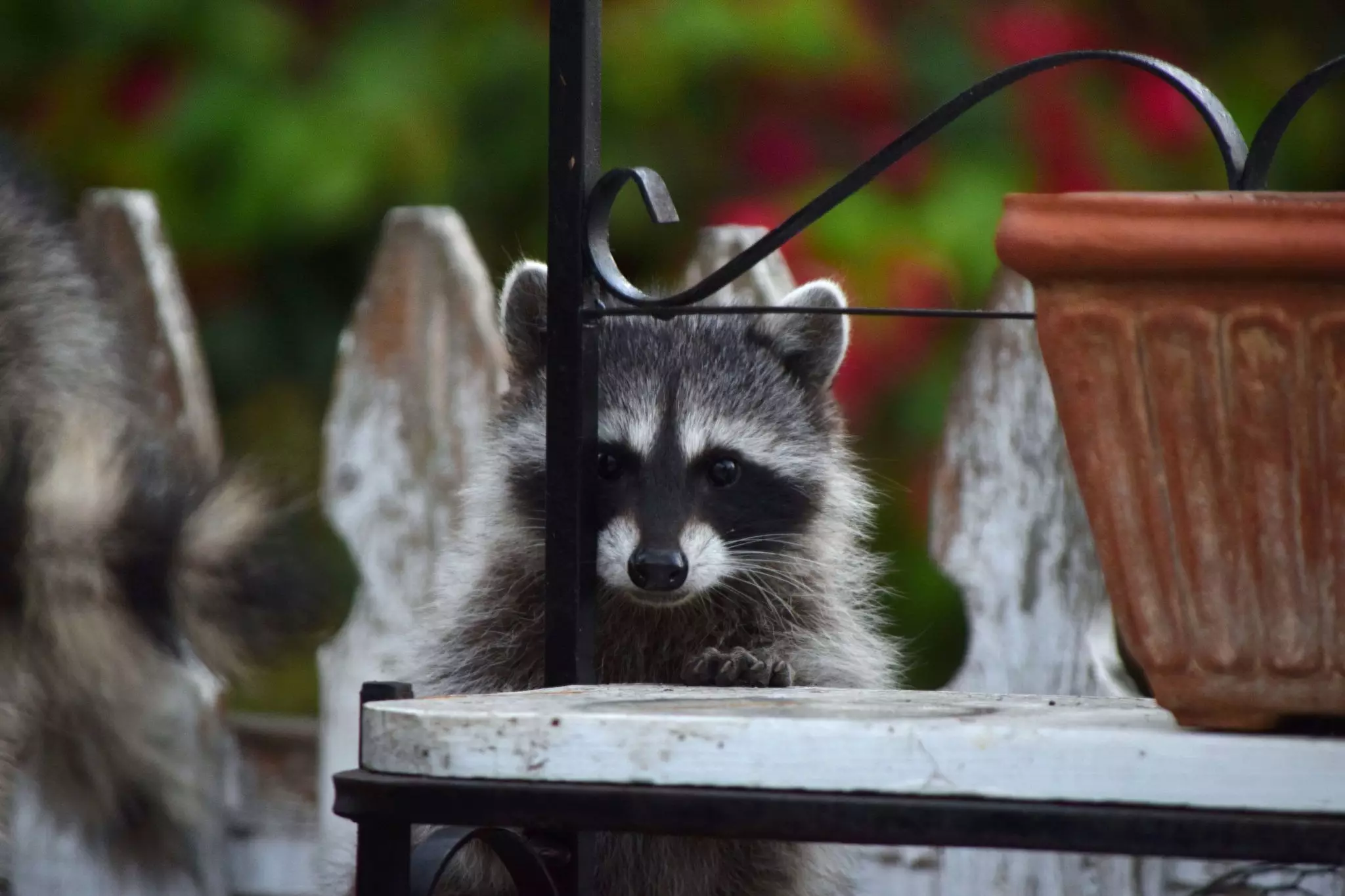Raccoons are undeniably fascinating creatures that have captured the hearts of many, not just as wildlife but also as potential pets. Known for their inquisitiveness and playful antics, raccoons can be rewarding companions for those willing to undertake the responsibility. However, successfully raising a raccoon comes with its own distinct set of challenges and considerations, particularly concerning their diet and overall care.
Understanding the dietary requirements of a raccoon is fundamental for any prospective owner. As omnivores, raccoons have a diverse diet that mimics their natural food sources found in the wild. While there are no specific commercial diets solely designed for raccoons, a variety of pre-made omnivore options are available that can provide a balanced diet for your pet. These formulated diets can serve as a solid foundation, but it’s crucial to recognize that raccoons thrive on a wide range of foods.
Seasonality plays a significant role in a raccoon’s diet, as they adapt their eating habits to what is seasonally available. They enjoy an array of items, including insects, fruits, nuts, and, occasionally, small vertebrates like birds and amphibians. This natural inclination toward foraging should guide pet owners in creating a varied meal plan that replicates this diversity, accommodating the raccoon’s instinctual behavior.
Catering to Their Natural Instincts
Raccoons are innately curious animals with a playful edge, which should be duly considered when planning their meals. While it may seem convenient to provide a one-size-fits-all diet, pet owners must remember that raccoons are intelligent animals that benefit from environmental enrichment, especially during feeding times. Offering their meals in a way that encourages natural behaviors—such as scavenging and foraging—can greatly enhance their well-being.
Rather than simply placing food in a bowl, consider utilizing different tools and methods to engage your pet. Hiding food within objects or scattering it across their space can incentivize exploration. Adding live prey items like crickets can provide both nutrition and mental stimulation, allowing raccoons to engage in their natural hunting behaviors.
When determining what your pet raccoon should eat, variety and balance are essential. Starting with an omnivore-based dry diet, such as kibble designed for wild canines or specialty pelleted diets, is advisable. This base can be complemented with protein sources like cooked poultry, eggs, or fish. Additionally, incorporating fresh vegetables and a select number of fruits can provide essential nutrients. However, moderation is key—given their high fat and sugar content, nuts and fruits should be reserved as occasional treats.
For baby raccoons, it’s permissible to allow them to self-regulate their food intake. As they mature past six months, it’s prudent to closely manage their portions. A handful of nutritious dry food, paired with a few fresh additions, will keep them satisfied without leading to obesity—a common concern among pet raccoons. Monitoring their body condition is vital; if your pet starts to lose their waistline or appears overweight, a visit to the veterinarian is in order.
Creating a Healthy Feeding Environment
Raccoons are known for their quirky eating habits. They often prefer to dunk their food in water before consuming it; hence, providing a shallow dish filled with water during meal times can satisfy this instinct. Given their propensity to create a mess while eating, being prepared for cleanup after meal times is essential for pet owners.
Incorporating feeding strategies that require the raccoon to work for their food can help alleviate boredom. Not only does it mimic natural behaviors, but it also provides mental stimulation. Items like plastic storage bins can be utilized to keep prey items contained while your raccoon hunts. Additionally, determining unconventional feeding locations—such as on stairs or under objects—will prolong their engagement with food while adding an element of challenge.
To conclude, raising a raccoon as a pet is a unique experience that rewards dedicated owners with rich companionship. The key to a thriving pet raccoon lies in understanding their dietary needs and innate behaviors. By providing a balanced and varied diet, creating enriching feeding experiences, and staying mindful of their health, you can foster a joyous environment for both parties. Remember, raccoons are complex creatures; their care requires commitment and a willingness to learn. With the right approach, your pet raccoon can flourish in a loving home, filled with curiosity, play, and a touch of mischief.

